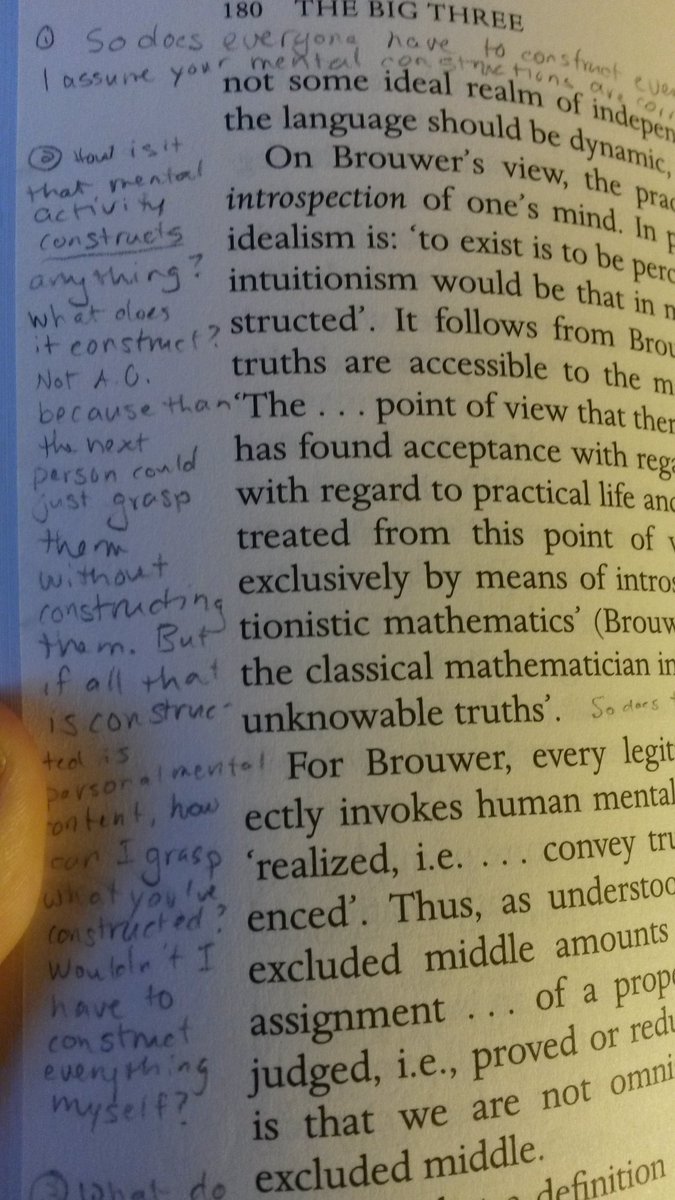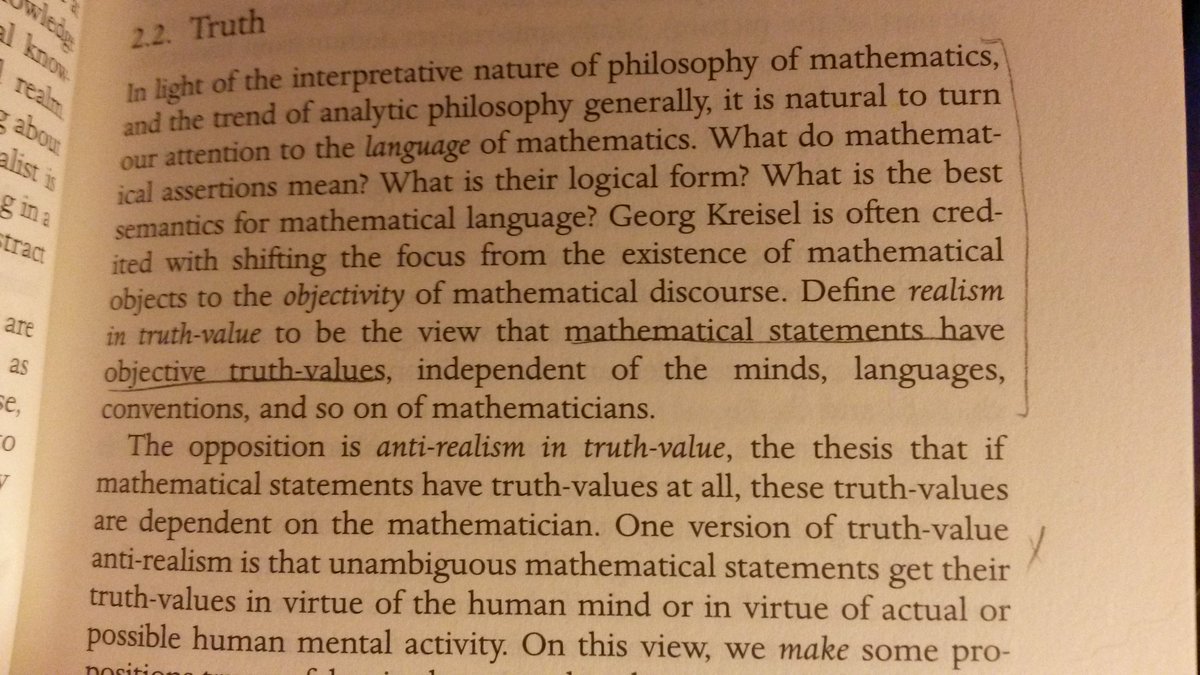
Wait, that's ships, isn't it? I can never keep naval/navel straight.
Today I got the author proofs for "The Sum of Our Memories", the 7,000-word short story I extracted from 80,000 words of 400 words/day writing last summer and sent off to a call for submissions for an anthology, and was rather shocked when it was accepted. I queued up the soundtrack for it (Genesis, "One for the Vine"; The Strawbs "Ghosts" and "Hangman & the Papist"; The Crüxshadows, "The Hanged Man"), and began to read.
Oh man. I had forgotten just how dark the story is, and how it deals with miscarriage and suicide and loss of identity, and just how many nightmares (the literal sort) were exorcised in the writing of it. I came away from reading it feeling like I'd received a punch to the stomach.
--
Is it hubris to say that your own writing is good? I mean, no one has ever told me that it isn't, but one can't always expect one's parents to have an unbiased opinion. My academic papers always got good marks in university, and when I submit papers to journals, the comments I get are always about content and not style. If I thought about it at all, in the last decade, I'd probably simply say "Yeah, I'm a good writer", but this wouldn't have meant much because lots of people are good writers.
Except, lots of people are not. [Shelve this thought; we'll come back to it.] And other people who I would've pegged in the "good writer" category singled me out as "a good writer". One of my co-authors, while we were drafting, specifically asked me to edit his parts of the paper with liberty, because he really enjoyed and appreciated my style. Sitting down now, I can't recall other specific examples, but I do know they exist, in the last ~2-3 years: Academics specifically saying they enjoy the way I write.
Now, this doesn't really mean that much -- many people can write well and think that other people write well; many people can write well and still enjoy a specific person's style especially. This isn't enough to justify any sort of distinction about my writing.
--
Then last summer I composed this story by stitching together bits of a much bigger piece, and it got accepted.
Then I started writing The Novel and continued writing because I didn't know how to stop, and ended up in some writing groups on FB, and ended up volunteering to beta read for other people, and having other people volunteer to beta read for me.
And that was an eye-opening experience. Many, many people who have read even portions of the novel have commented on the elegance of the prose, that they find it beautiful. And I read a number of things which were, um, just not very well written. And it kind of shocked me; I knew that I've always been a good writer, but being good at writing had never stood out as any sort of especial characteristic; for all I really knew, everyone else could also be a good writer.
Except they're not. Which triggered a whole bunch of navel-gazing (wait, is that oranges, or boats? I have no idea). [This post has been mulling in my mind for a very long time now.]
--
When I wrote the 80,000 words that eventually became "The Sum of Our Memories", I wrote the story I wanted to write. When I wrote The Novel, I wrote the story I wanted to read. After finishing the first draft, I knew it needed a lot of work. I knew I needed to read it and reread it and let it rest and print it off and read the paper version and repeat until every single word was the perfect word. And yet, I'd sit down to start editing, and suddenly look at the clock and found I'd read 50 pages and it was past bedtime, and I'd gotten so completely absorbed in it.
I've let it rest for awhile now -- I now know, concretely, a few of the major changes it needs in the next drafting -- but the other night I was looking up a specific passage in it, and all of a sudden an hour had past and I was immersed in reading it. It is still exactly the story I want to read, and when I read it, it's hard to escape the feeling that this is good, this is really good.
--
I had that same feeling again tonight, rereading "The Sum of Our Memories". This is good, this is actually really good.
--
And I had that same feeling at the end of April when I completed a long short story that I wrote over the course of the month, "The Platform Between Heaven and Earth." For the final edits, I printed off a copy and read it aloud. It took about an hour and 20 minutes, and while reading it, I kept thinking "I wish I could read this around a camp-fire to an audience. This is good. This is really good." And I shared the PDF of it with acquaintances on the internet, and the response was...well, let's just say, very gratifying.
--
But there is something so very strange about waxing lyrical about how good your own work is, because if there is one person more biased than your parents it's you. How on earth can I say such narcissistic things about my own writing? How am I any judge? This is one of the reasons why this post is self-indulgent: I am giving myself liberty to articulate these internal thoughts, even if I have no evidence or validation for them.
There's also the flip side: Imposter syndrome. Why am I surrounded by so many people who struggle to maintain their faith in their works, to believe that what they are writing is good, worthwhile, valuable, when I myself am not plagued by these doubts?
I had Imposter Syndrome for quite awhile -- who wouldn't when you're 20 years old and in grad school, younger by a long shot than any of your classmates, younger than many of the students you're teaching, when you're surrounded by people who know more, are cleverer, are quicker on the mark, are better at everything than you are -- but I remember precisely the day that a switch flipped and it turned off. It was my 2nd year in Amsterdam, and I was sitting in, but not taking for credit, a philosophy of math master's course. I remember sitting in the back of the room (something undergrad me NEVER did), making snide remarks to the person sitting next to me (something undergrad me NEVER did), and asking challenging questions (something undergrad me definitely did do, but US grad me didn't as much, because I could never articulate the questions I had until a few days after the class), and I suddenly realized that I had become the person I had always felt inferior to. I was the one that other people would feel an imposter next to.
And basically after that, I've never really had any false doubts about my abilities as an academic.
But I have concrete evidence, reinforced in many different dimensions, that I am a good academic; I am a good researcher, I am a good teacher. I am not an imposter.
When it comes to writing, though, it feels like I should be more suspect of my own quality. I want to be more suspect of my own quality, because only that way can I recognize where the flaws and places that need improvement are. If I am too uncritical, I can never be better. So, it worries me, somewhat, how much I like my own writing, how it affects me when I read it, how good it seems to me to be.
--
But because I said this post was self-indulgent, I'll indulge myself enough to end it with this: It is good, it's really good.

